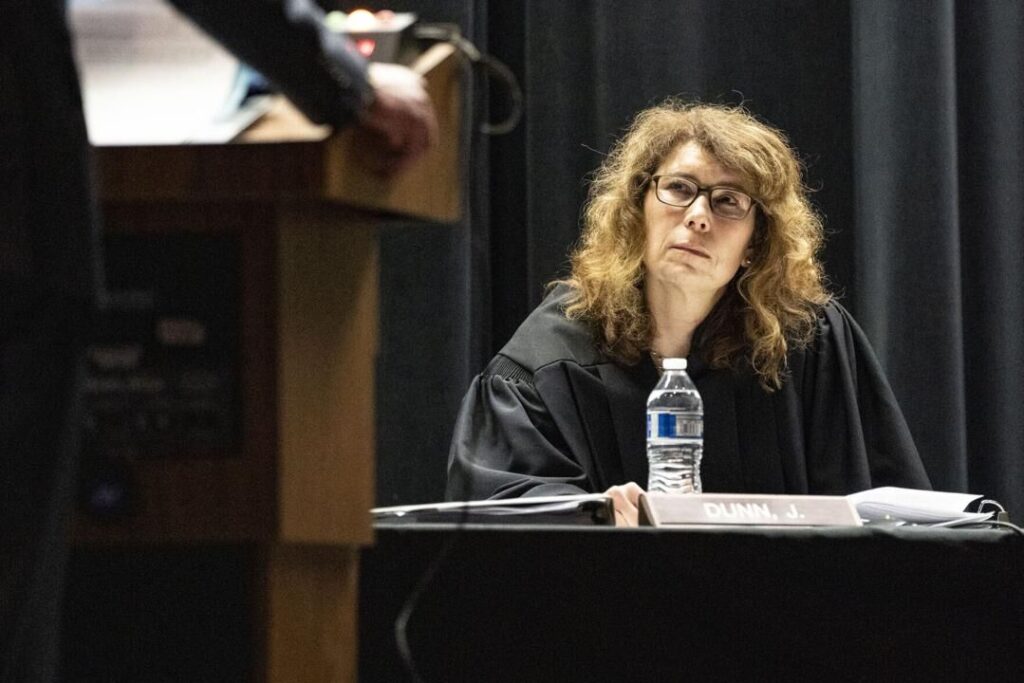10th Circuit clarifies that crime victim reimbursement only covers victims’ costs

Because federal law allows for crime victims to receive restitution for the expense of participating in legal proceedings, the representatives of deceased victims cannot be reimbursed for their own expenses, the federal appeals court based in Denver has decided.
The United States government attempted to argue that Anthony Rivas, the son of Charlene Bailey, was entitled to $7,724.20 for traveling to Colorado with his family to represent his deceased mother. The Mandatory Victims Restitution Act allows crime victims to claim reimbursement for lost income, child care and transportation while they participate in an investigation or attend court proceedings. In certain instances, representatives of the victim or a victim’s estate may, under the law, “assume the victim’s rights.”
Although a lower court judge granted Rivas’ restitution request, a three-judge panel of the U.S. Court of Appeals for the 10th Circuit concluded the MVRA does not entitle victims’ representatives to separate payment.
“Here, that language limits restitution to losses incurred by the victim, and the victim’s representative assumes the right to receive restitution for exactly those losses incurred by the victim, and not his or her own losses,” wrote Judge Nancy L. Moritz in the panel’s Feb. 18 opinion.
Bailey died in December 2018, after Twyla Casados killed her in a drunk driving collision within the Southern Ute Reservation. Casados pleaded guilty to second-degree murder in Indian County and received a sentence of 14 years in prison.
U.S. District Court Senior Judge Robert E. Blackburn also ordered Casados to pay $9,578.20 in restitution. Roughly $1,800 went toward Bailey’s funeral expenses, which Casados did not contest. The remainder was for Rivas’ costs of attendance. Blackburn decided family members of the deceased are “victims” under the MVRA, and the law allowed them to recover their travel expenses.
Casados claimed on appeal that the MVRA, in allowing representatives to “assume the victim’s rights,” entitles those representatives only to payments that victims themselves could receive if they were alive. Casados’ attorney, David S. Norris, argued to the 10th Circuit panel that there was no indication Congress intended for criminal defendants to pay the travel expenses of non-victims.
“Deceased victims are only one of the categories of victims with assumable rights,” Norris told the panel. “There’s also minor, incompetent and incapacitated victims. Those victims might well have their own transportation expenses. Those might be different from the victim representative’s transportation expenses. And there’s no reason the victim representative should be able to substitute its own losses, its own expenses, in favor of those living victims’.”
The government countered that representatives of a victim’s estate have the right to attend sentencing hearings, and that Rivas qualified as both his mother’s representative and a victim of the crime himself.
“I would submit that if you killed someone’s parent, you directly harmed their children,” Paul Farley of the U.S. Attorney’s Office told the judges.
The 10th Circuit panel was skeptical of the government’s logic.
“No one disputes they have a right to be there as her family members or representatives. They have a right to be present,” said Moritz. “That’s not our issue. The issue is reimbursement.”
Judge Scott M. Matheson Jr. asked whether the government believed a victim’s extended family could have all of their travel costs reimbursed for attending court hearings too.
“I would say that I would go as far as a district court would be willing to go,” Farley responded.
The panel rejected that interpretation, with Moritz writing that the intent of the MVRA was to compensate crime victims for their losses. If a defendant were ordered to pay money to a non-victim, she explained, that would not accomplish the law’s goal.
“Contrary to the government’s assertion, there is no reason in this case to conclude that Bailey or her estate will be made whole by the district court’s order of restitution to pay for Rivas’s personal travel expenses, or those of his family, which were not incurred by either Bailey or her estate,” Moritz wrote.
The panel relied on a 2007 decision from the circuit court based in St. Louis, which held that the mother of a child sex abuse victim could recover the costs of transporting her daughter to treatment. But the mother was not entitled to restitution for her own lost income, as the expense was hers and not the victim’s.
The 10th Circuit reversed the order of restitution to Rivas for his transportation.
The case is United States v. Rivas.













